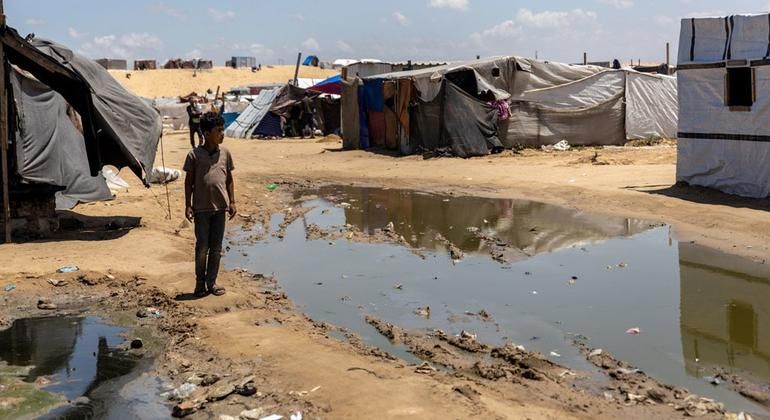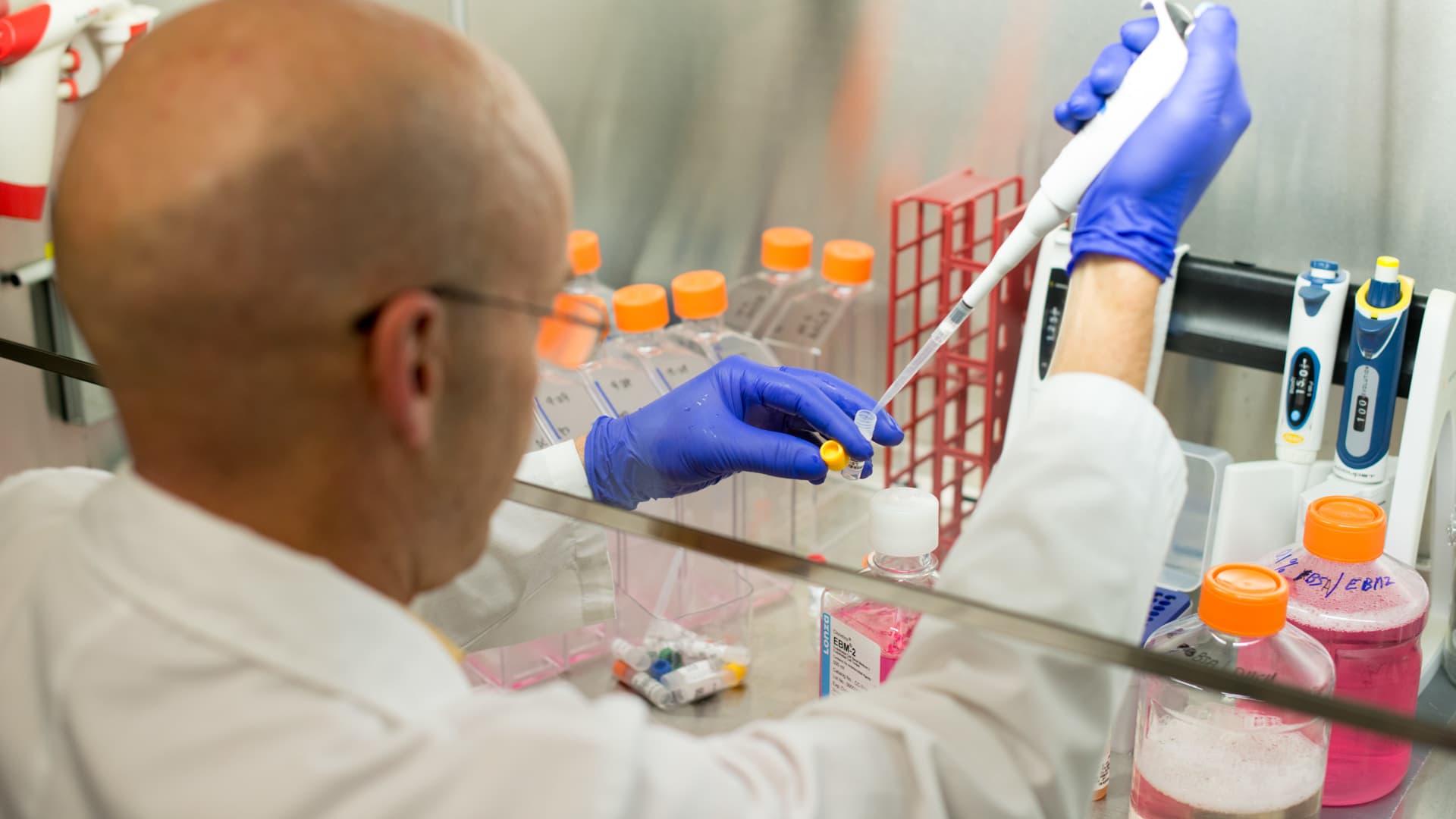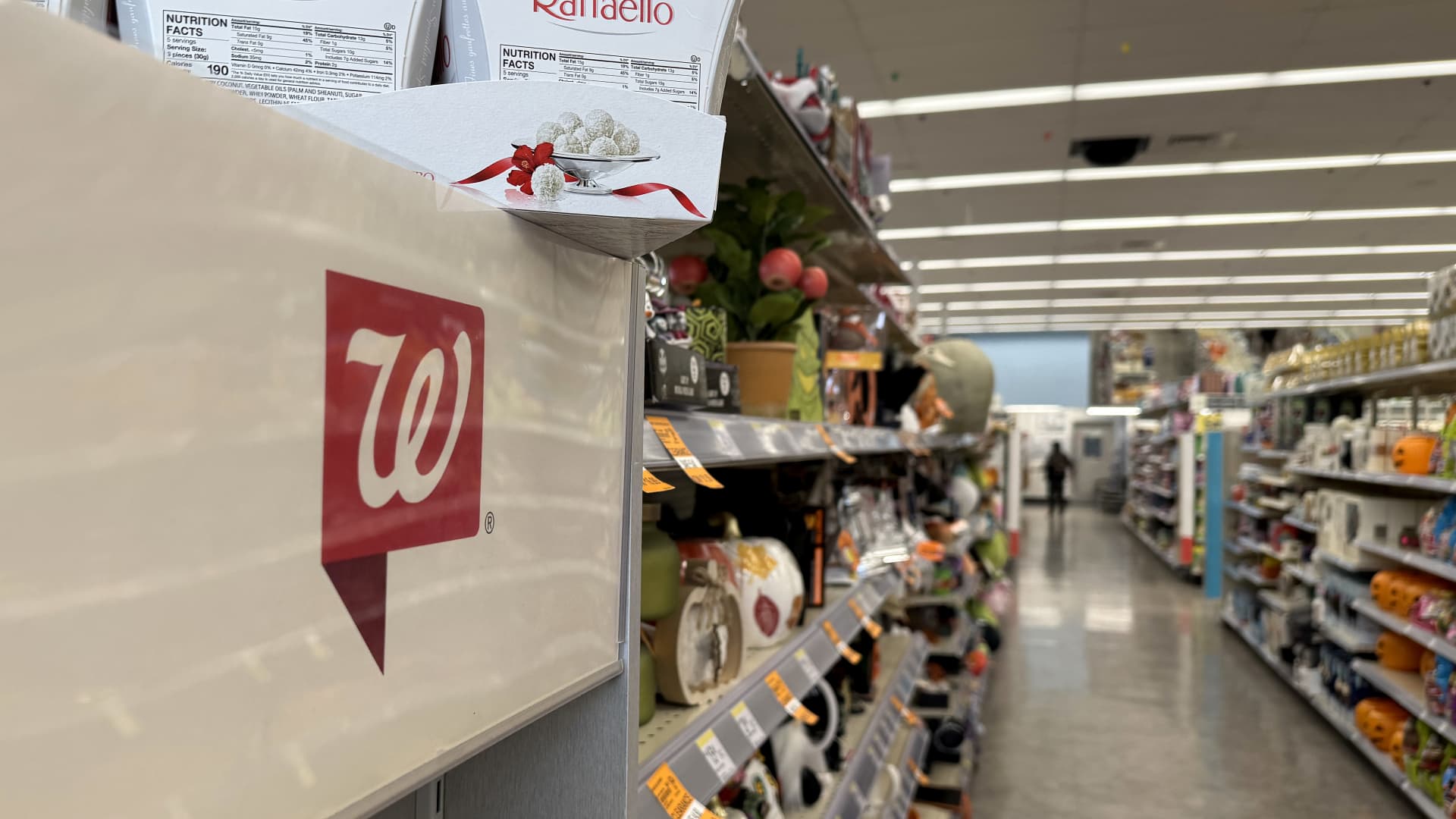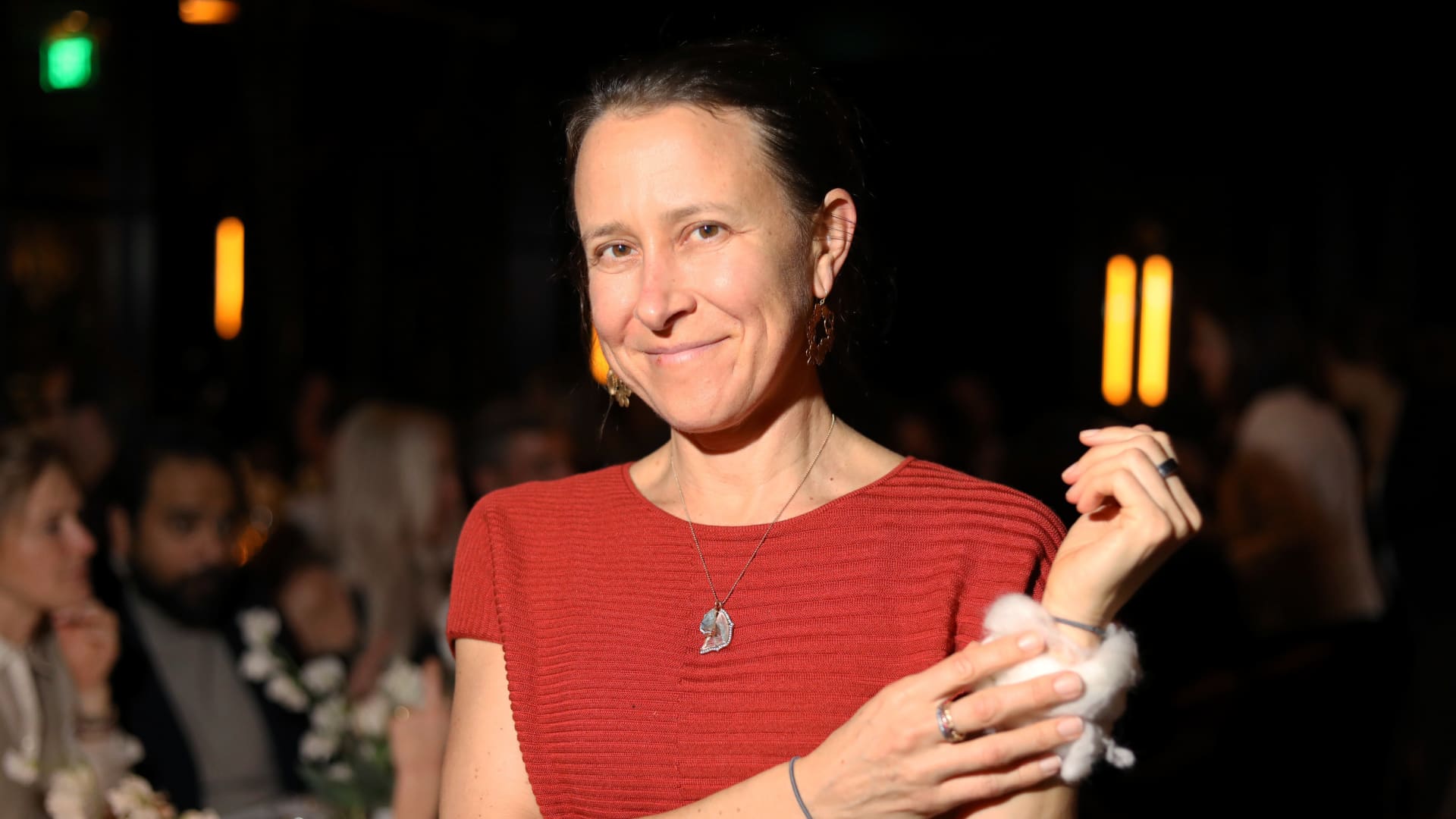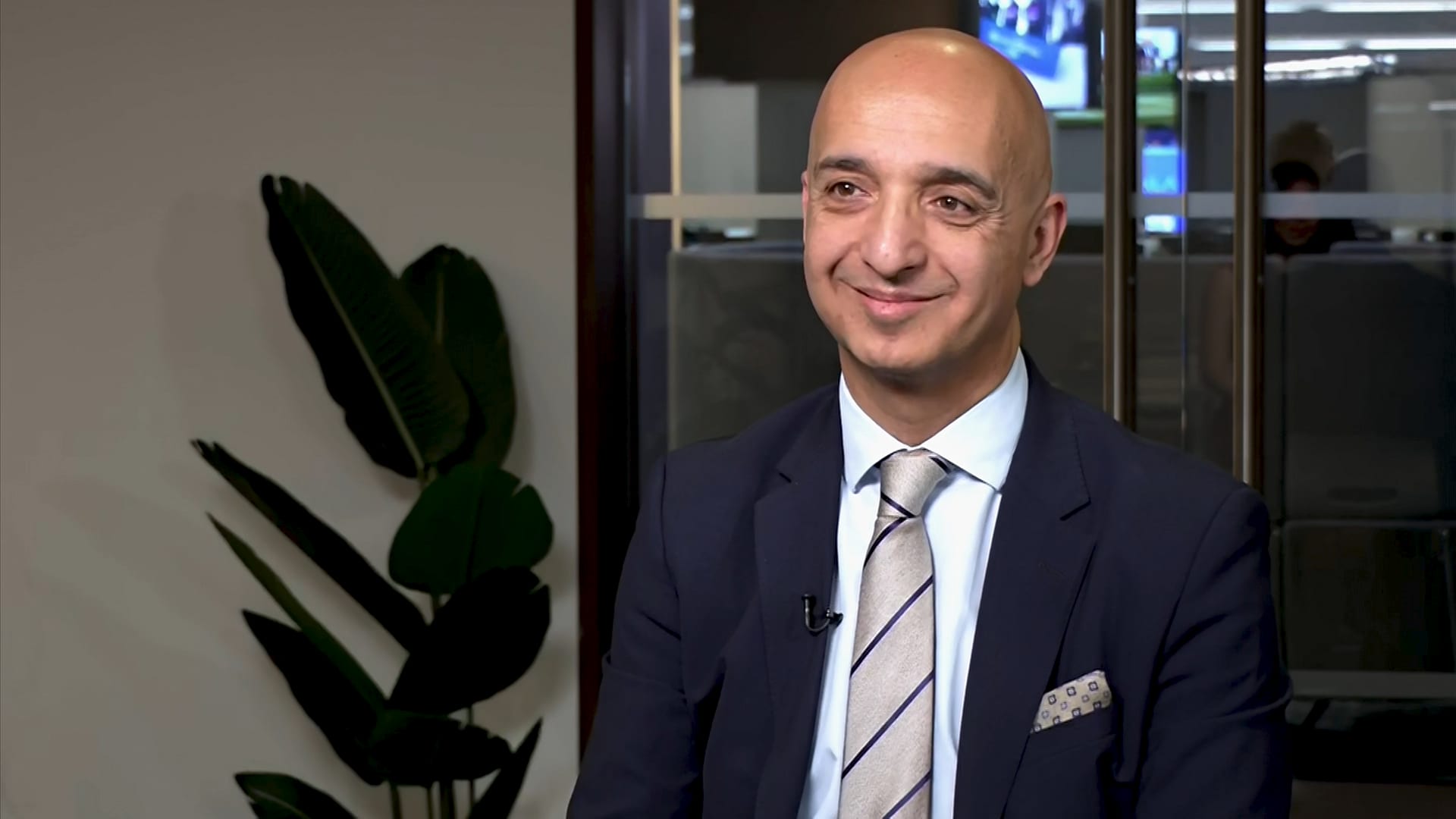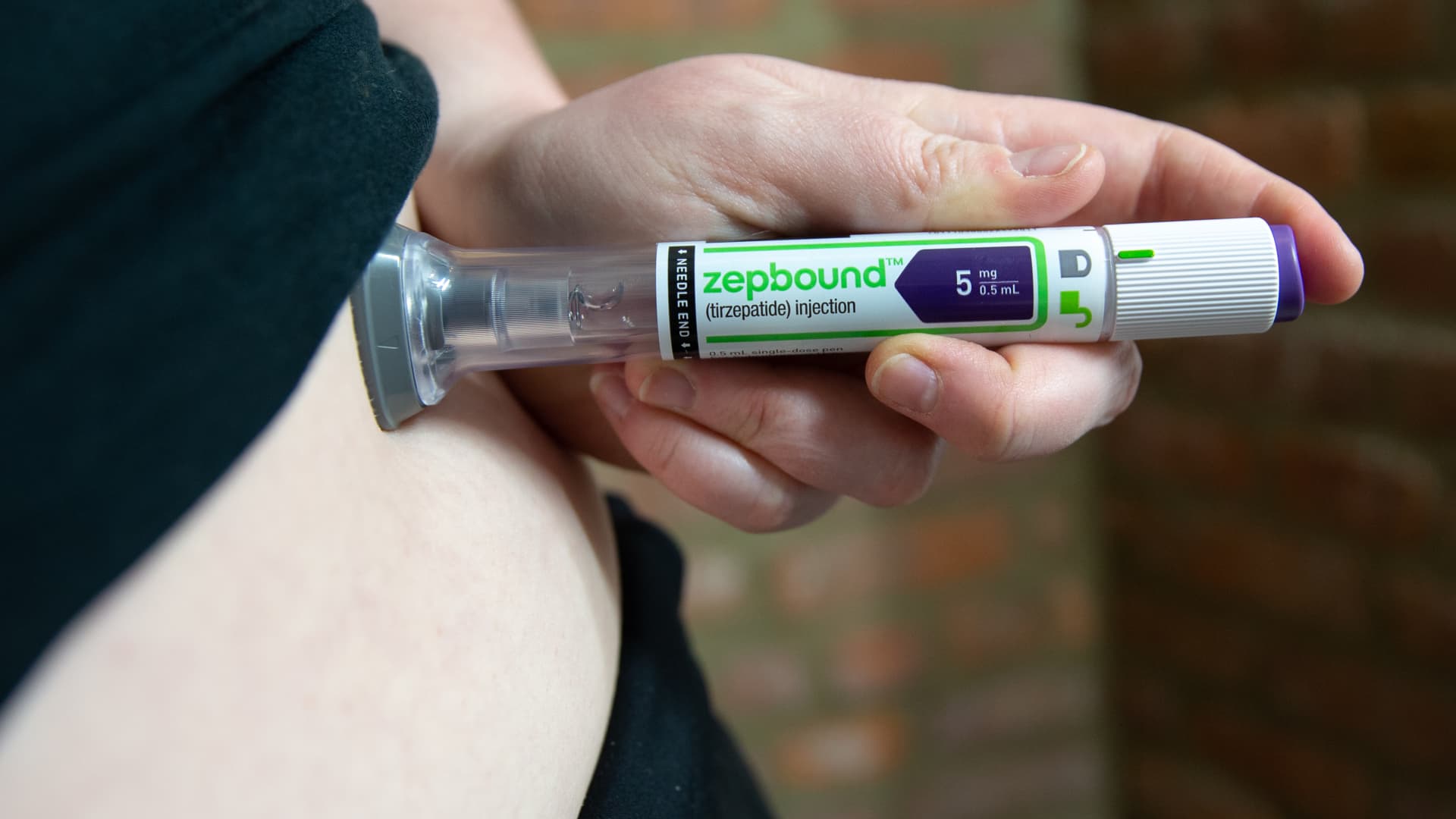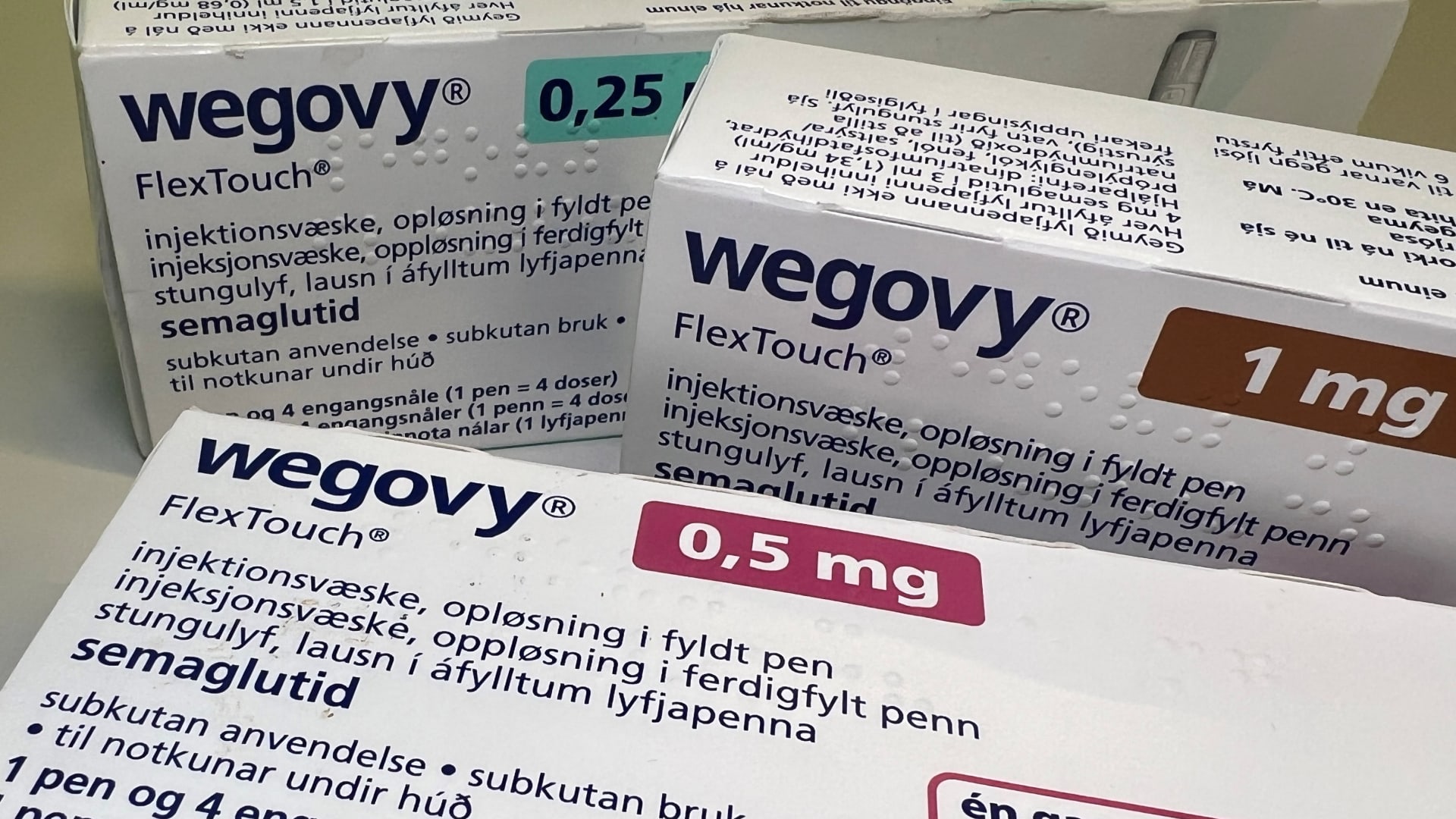“I call on all parties to Provide concrete guarantees immediately to ensure humanitarian pauses. for the campaign,” he said, speaking to reporters at UN headquarters in New York.
“Let's be clear: The definitive vaccine against polio is peace and an immediate humanitarian ceasefire. But in any case, a pause in the fight against polio is essential.”
“Polio doesn’t wait”
Guterres said Gaza is in a “humanitarian free fall” because “just when it seems that the situation cannot get any worse for Palestinians in Gaza, the suffering increases – and the world is watching.”
Poliovirus was recently detected in wastewater samples from two locations, Khan Younis and Deir Al-Balah, meaning the disease, which can cause paralysis, is circulating in the enclave and putting thousands of children at risk.
“Polio knows no dividing lines and it doesn’t wait,” he said.
Vaccines ready
Starting at the end of the month, UN set to launch two-phase campaign to vaccinate more than 640,000 children in Gaza under 10 years old.
The World Health Organization (WHO) has already approved the release of 1.6 million doses of polio vaccine and the United Nations Children's Fund (UNICEF) is coordinating distribution efforts and the cold chain equipment needed for storage.
Meanwhile, medical teams from the UN agency for Palestine refugees, UNRWA (the largest primary healthcare provider in Gaza) are ready to administer the vaccines and assist with logistics.
Campaign challenges
Mr. Guterres highlighted the serious challenges facing these efforts.
He said Gaza's health, water and sanitation systems “have been decimated,” with most hospitals and primary care centers not functioning and people constantly forced to run for safety.
In addition, routine vaccinations have been severely disrupted due to the conflict, increasing the spread of measles, hepatitis A and other preventable diseases.
“We know how to run an effective polio vaccination campaign,” he said.
“Given the widespread devastation in Gaza, vaccination coverage of at least 95 percent will be required during each round of the two-round campaign to prevent the spread of polio and reduce its emergence.”
Safety first
The campaign will involve 708 teams in hospitals and primary health care centres, he said, noting again that many are barely operational, and 316 community outreach teams across Gaza.
Effective transport routes are needed for vaccines and cold chain equipment, the entry of polio experts into Gaza, and fuel for health teams to do their work.
Reliable internet and telephone services are also needed to spread communications, and an increase in the amount of cash allowed into Gaza to pay health workers.
“Above all, a successful polio vaccination campaign requires safety.“the UN chief said.
“Security for health workers to do their jobs. Security for children and families to get to health facilities. And security for those health facilities to be protected from bombing.”
A shared obligation
Guterres stressed that “it is impossible to carry out a polio vaccination campaign while war is raging everywhere” and warned of the possible wider consequences.
“Polio goes beyond politics. It transcends all divisions. That is why it is our common duty to unite. To mobilize, not to fight people, but to fight polio,” he said.
He stressed the need to “defeat a ferocious virus that, if left unchecked, would have a disastrous effect not only on Palestinian children in Gaza, but also in neighbouring countries and the region.”

